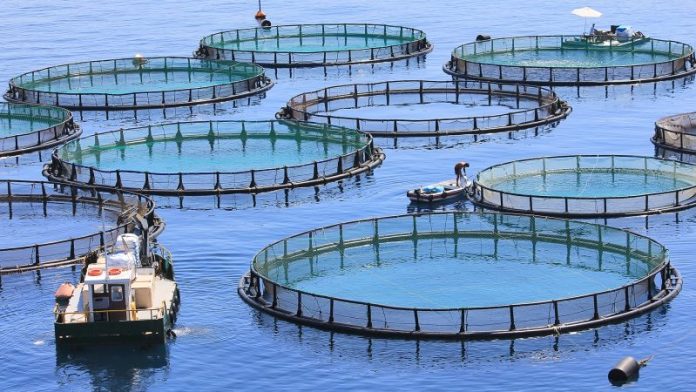The European Court of Auditors (ECA) claimed that the investment of more than €1 billion in EU funds over seven years had not produced “tangible results” in the aquaculture sector, Euractiv reported.
The EU’s bet has fallen short after tripling its spending on aquaculture between 2014 and 2020, EU auditors said in a report published on November 15. Aquaculture, also known as fish farming, takes place in marine or inland waters and on land-based facilities equipped with water circulation systems.
Despite the allocation of 1.2 billion euros for aquaculture for the period 2014-2020, as well as another billion for 2021-2027, the investments will not lead to real results, the auditors pointed out.
Too much money was put on the table [and] a large part of it has not been used.
The Commission blamed “lengthy” and “uncertain” licensing procedures for deterring investment, attributing low uptake to high administrative burdens.
Auditors found that difficult access to water also hindered fish farming. Matteo Tartaggia, the report’s lead auditor, stated that planning was key to “resolving conflicts [between aquaculture and] the tourism sector, fisheries and shipping.”
At the time of the audit, some member states, including Italy, Greece and Romania, had not completed marine spatial planning. Nikolaos Milionis, responsible for the ECA report, claimed that the selection criteria “were not very strict.”
EU countries financed almost all eligible projects irrespective of their contribution.
Auditors claim that the 2014-2020 funds should be utilised by the end of this year. Tartaggia noted that there was a risk as “money is available, it is not spent on [the most profitable] projects.”
Despite the EU’s promise to improve the competitiveness of the sector, the ECA has reported a halt in production and a decline in aquaculture employment since 2014. In 2020, total aquaculture production in the EU was 1.1 million tonnes, less than 1 percent of the global total.
Besides, more than half of the EU’s fish farming is concentrated in three Member States: Spain, Italy and Greece.
Potential environmental damage from aquaculture includes habitat degradation, pollution and algal blooms caused by nutrient accumulation. Greece, the fourth largest aquaculture producer in the EU, is expected to be among the Member States with the highest environmental impact, according to the report.
Still, at this stage [the environmental impact] is localised and reversible.
